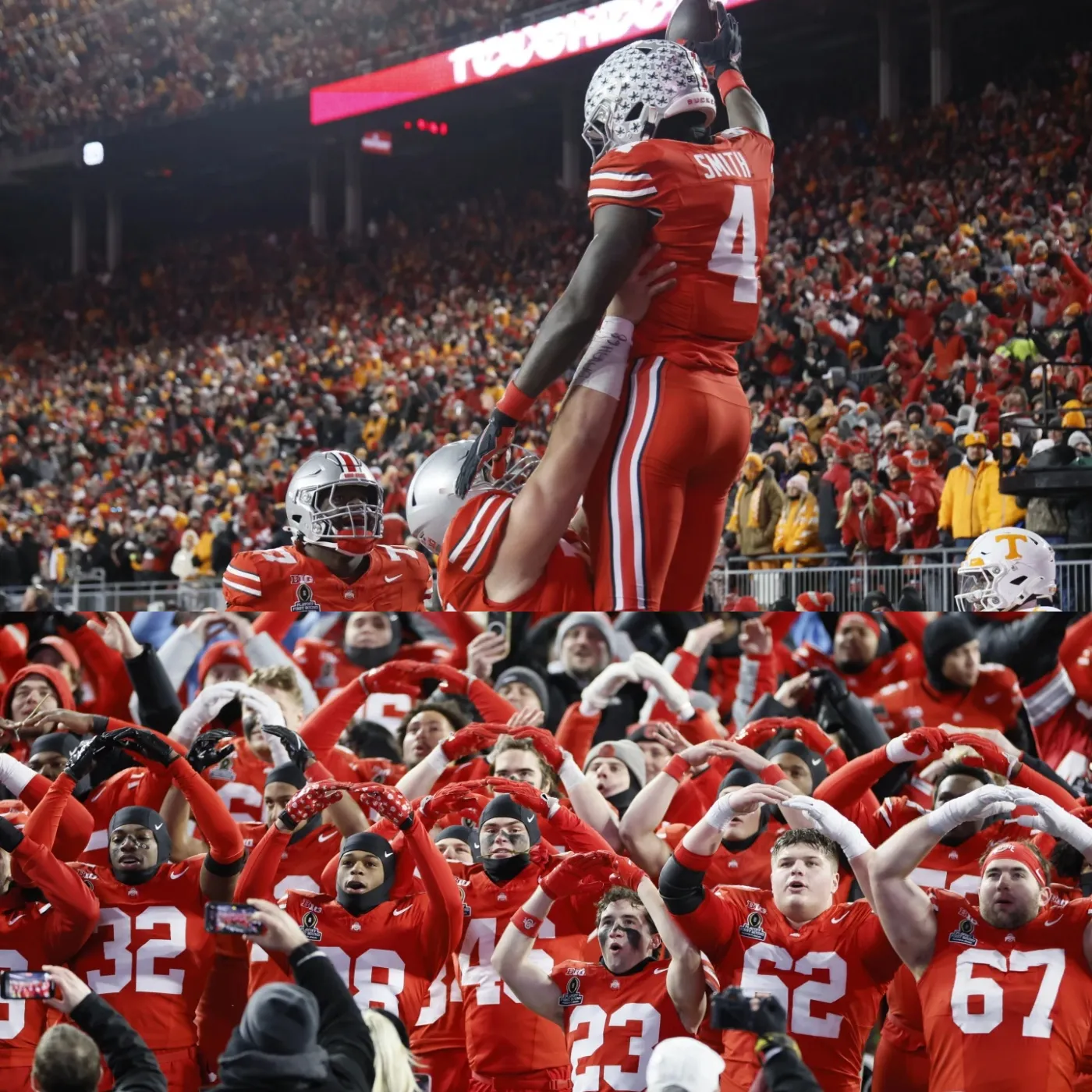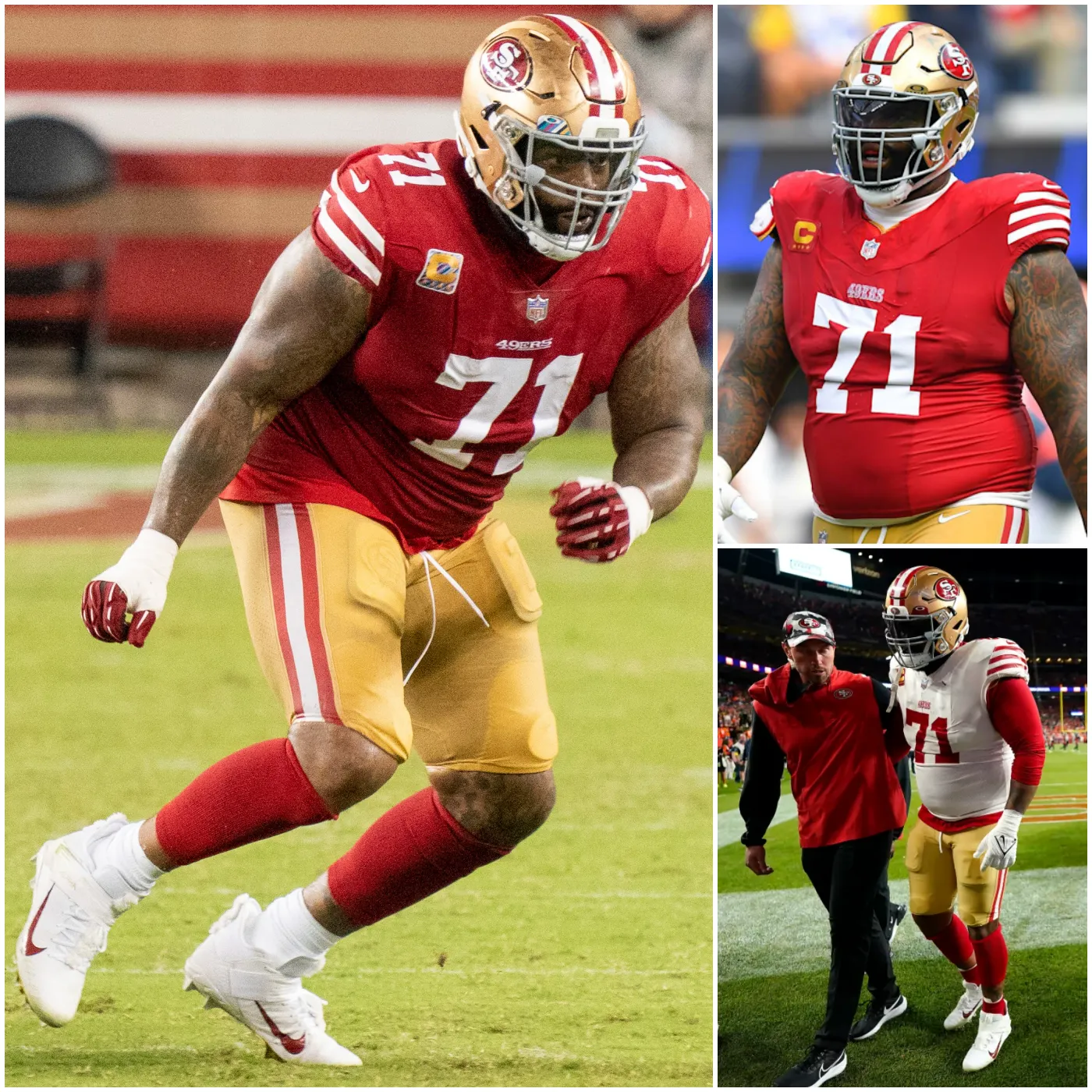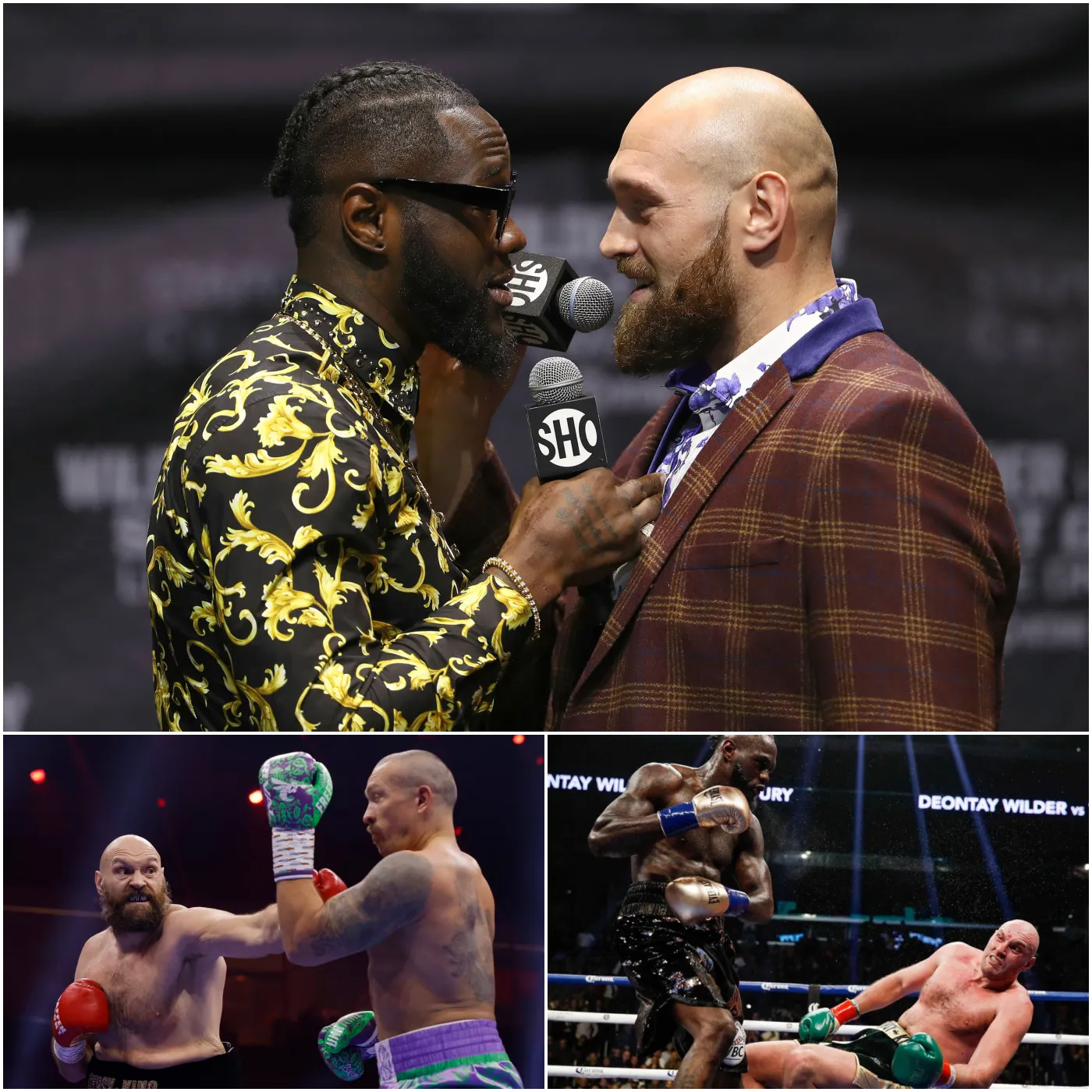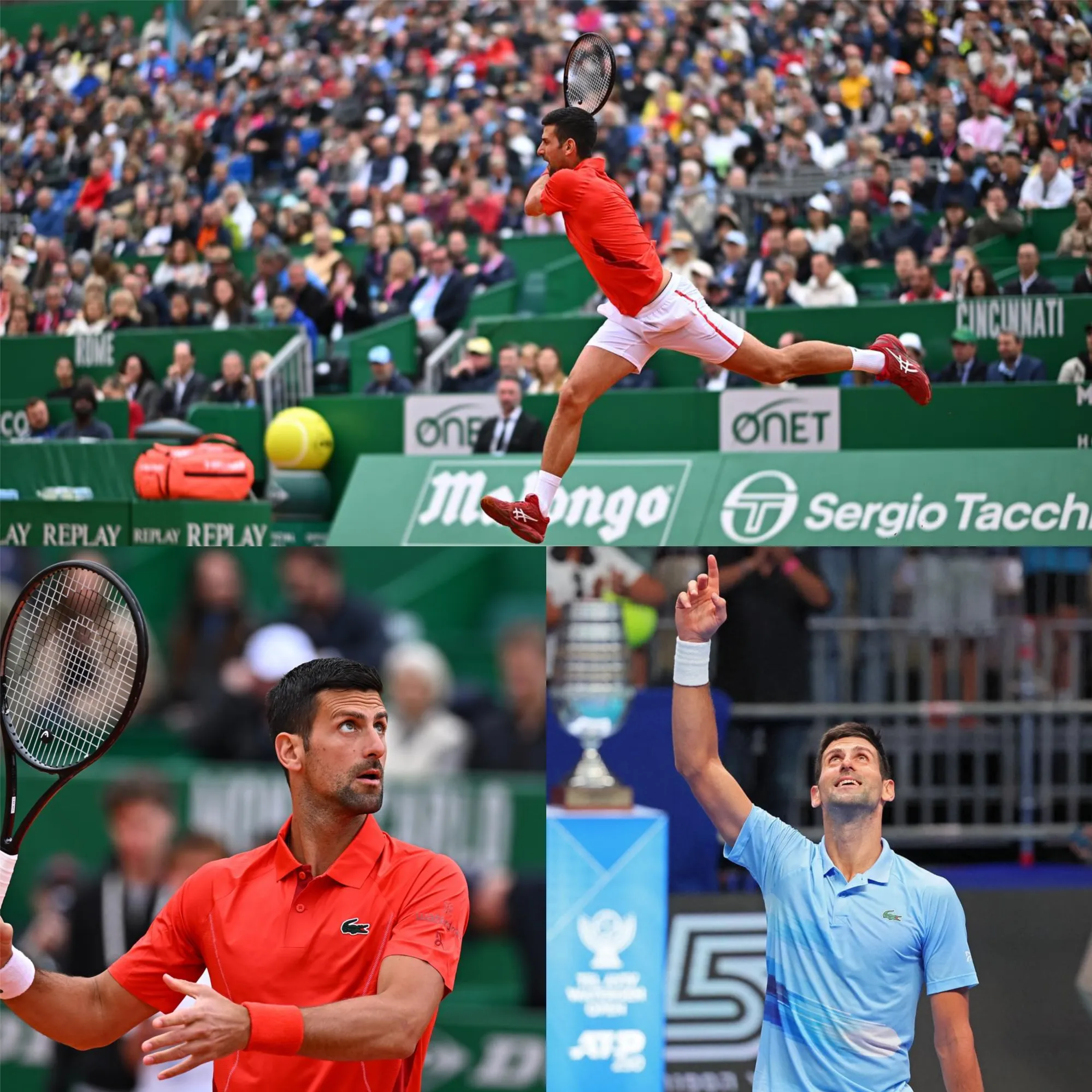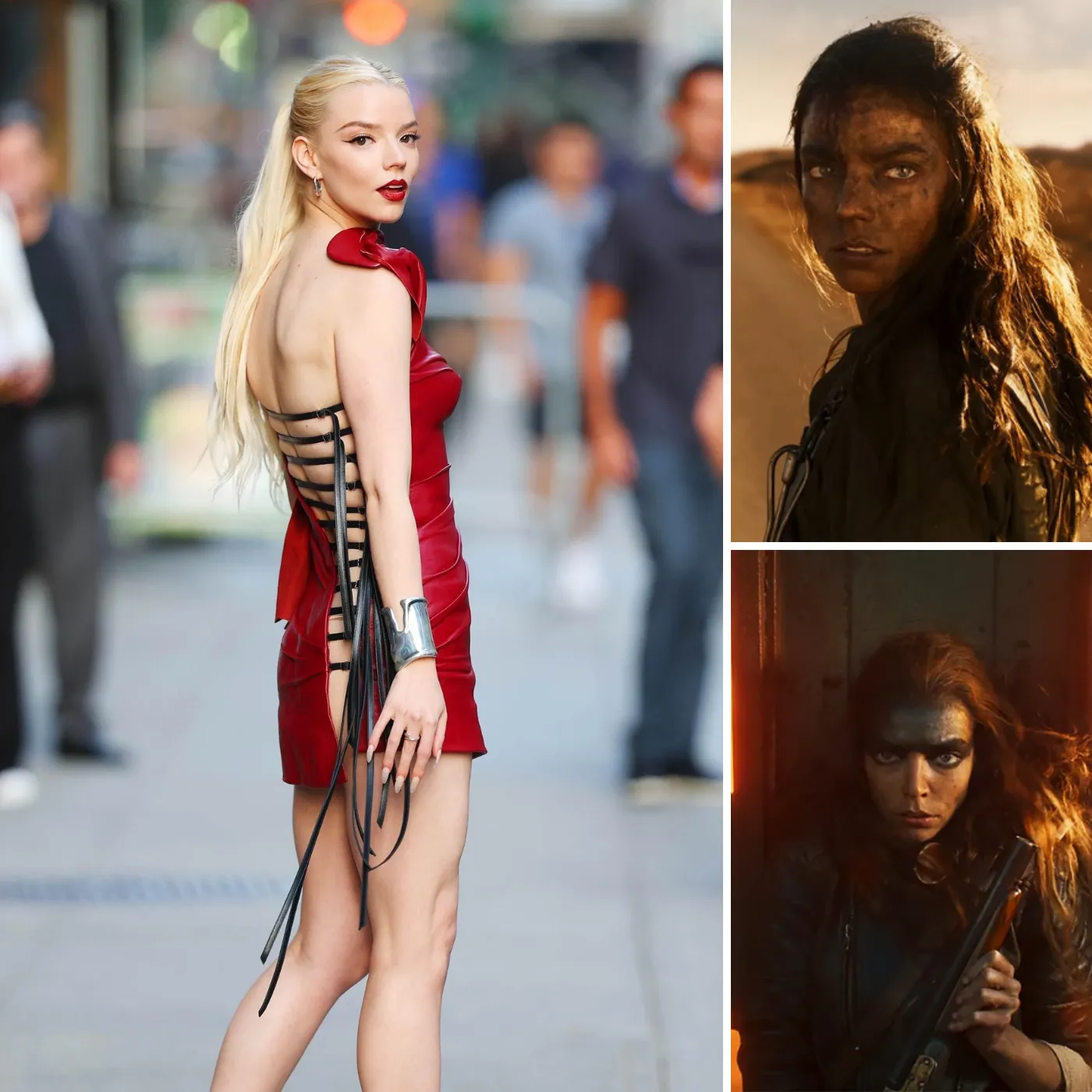Does Bayley Represent the Future of WWE or Its Past Mistakes?
The world of professional wrestling is no stranger to evolution. Superstars rise and fall, each leaving an indelible mark on the industry. Among these athletes, Bayley has carved out a unique place for herself. But as the WWE marches toward an unpredictable future, the question remains: Does Bayley represent the future of WWE or its […]
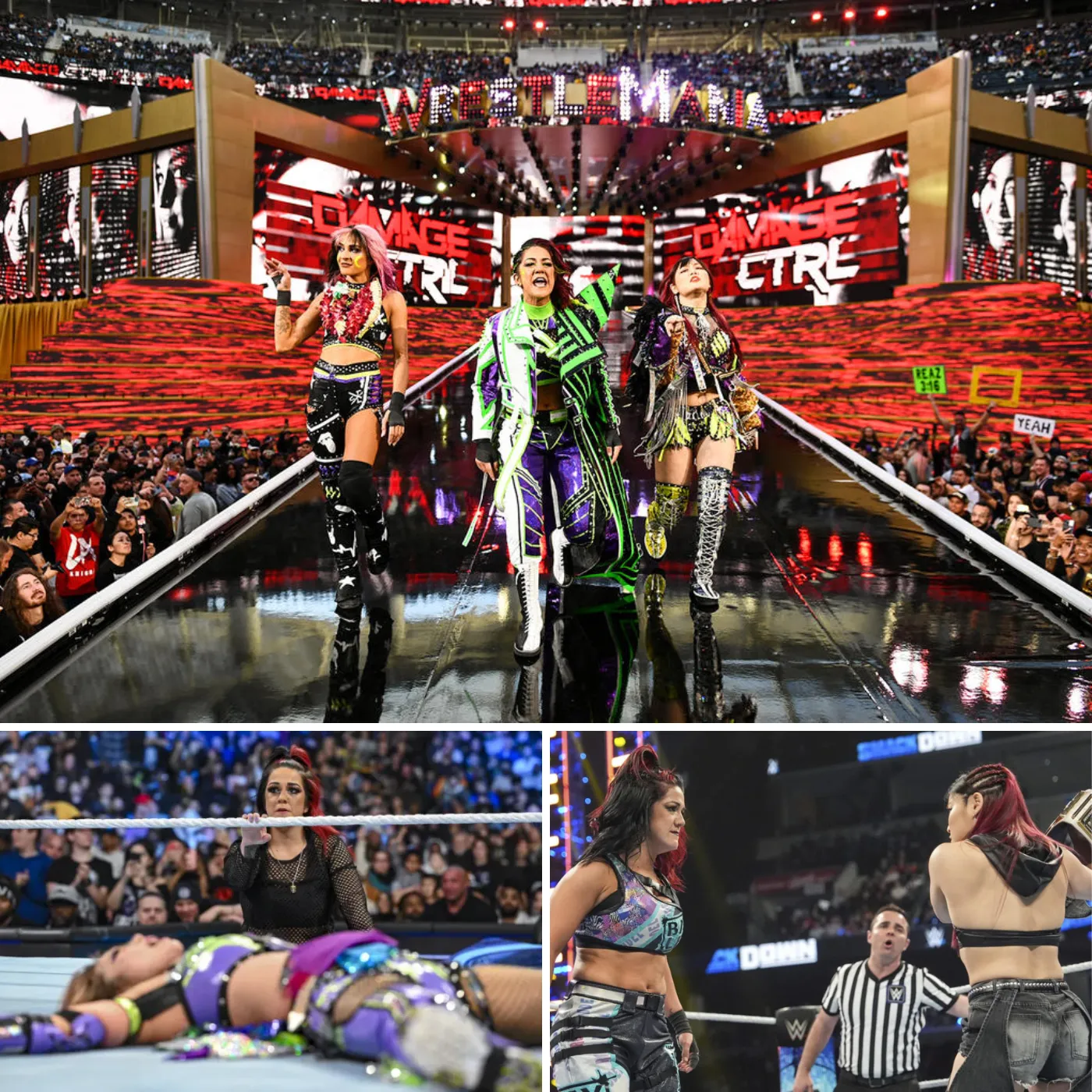
The world of professional wrestling is no stranger to evolution. Superstars rise and fall, each leaving an indelible mark on the industry. Among these athletes, Bayley has carved out a unique place for herself. But as the WWE marches toward an unpredictable future, the question remains: Does Bayley represent the future of WWE or its past mistakes?
The Hugger’s Legacy: A Symbol of Hope or a Gimmick of Yesterday?
Bayley’s initial rise in WWE was nothing short of meteoric. Debuting as the lovable “Hugger,” she quickly became a beacon of positivity for younger audiences. Her colorful persona and relentless optimism set her apart in an industry often dominated by larger-than-life villains or brooding antiheroes. Fans embraced her as an everywoman—a wrestler who wasn’t just relatable but genuinely inspirational.
But as her career evolved, so did her character. The bubbly “Hugger” persona, once celebrated for its uniqueness, began to feel stagnant. WWE’s creative team struggled to keep her storylines fresh, and audience reactions grew lukewarm. Critics wondered: Was Bayley destined to fade into obscurity as yet another overexposed, underdeveloped star? Or was she simply laying the groundwork for a transformation that would redefine her legacy?
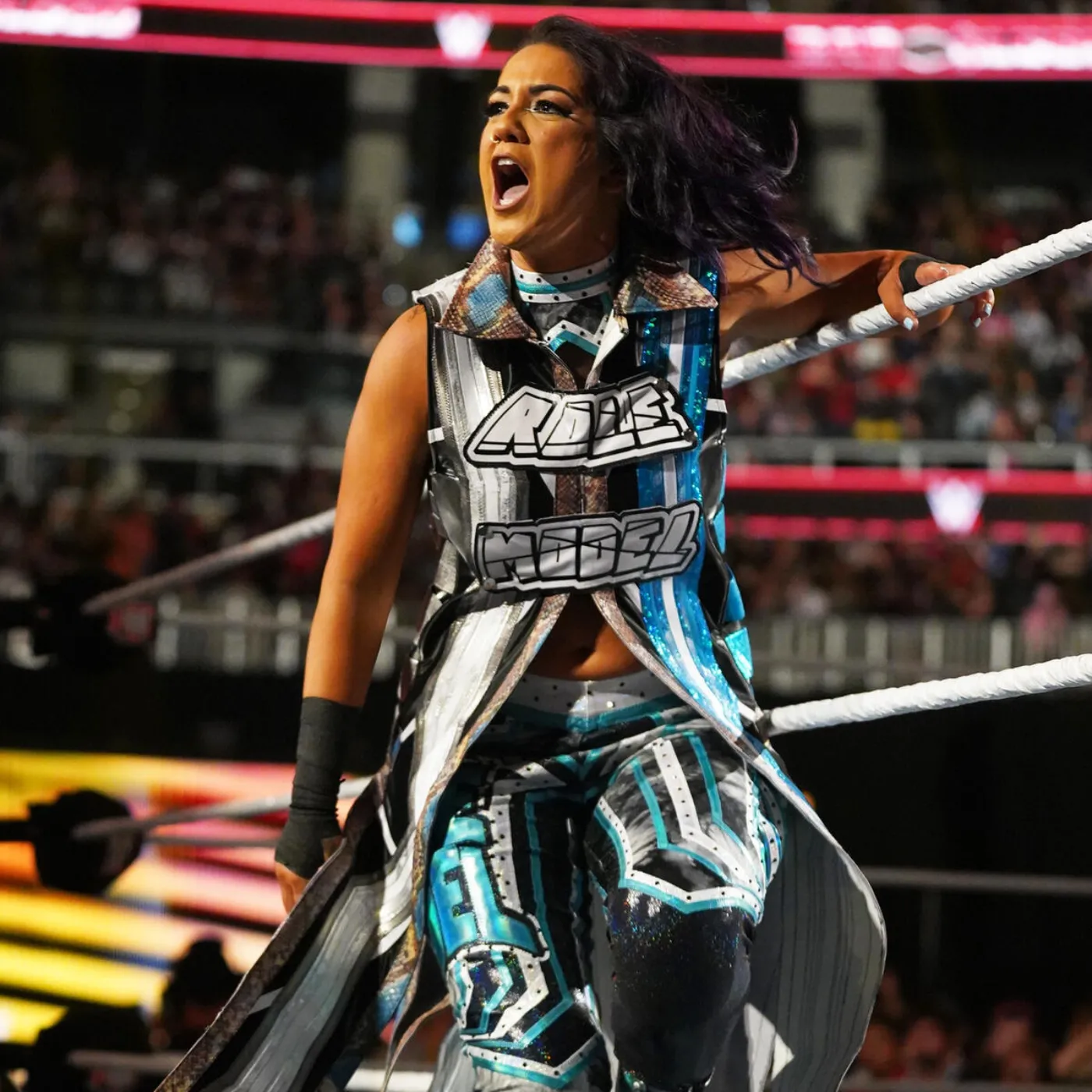
The turning point came in 2019 when Bayley shed her cheerful demeanor, chopped off her ponytail, and embraced her darker side. As a heel, Bayley found new life. Her sharp promos and aggressive in-ring style reminded fans why she was one of the Four Horsewomen of WWE, a group that also includes Sasha Banks, Becky Lynch, and Charlotte Flair. Yet, even as her character evolved, the question lingered: Was this reinvention a step toward securing her place in WWE’s future, or merely an attempt to mask past creative missteps?
WWE’s Future: Reinvention or Repetition?
The debate over Bayley’s role in WWE’s future is emblematic of a broader challenge facing the company. As WWE seeks to attract new audiences while retaining its loyal fanbase, the creative team must strike a delicate balance between innovation and tradition. Bayley’s journey reflects this struggle.
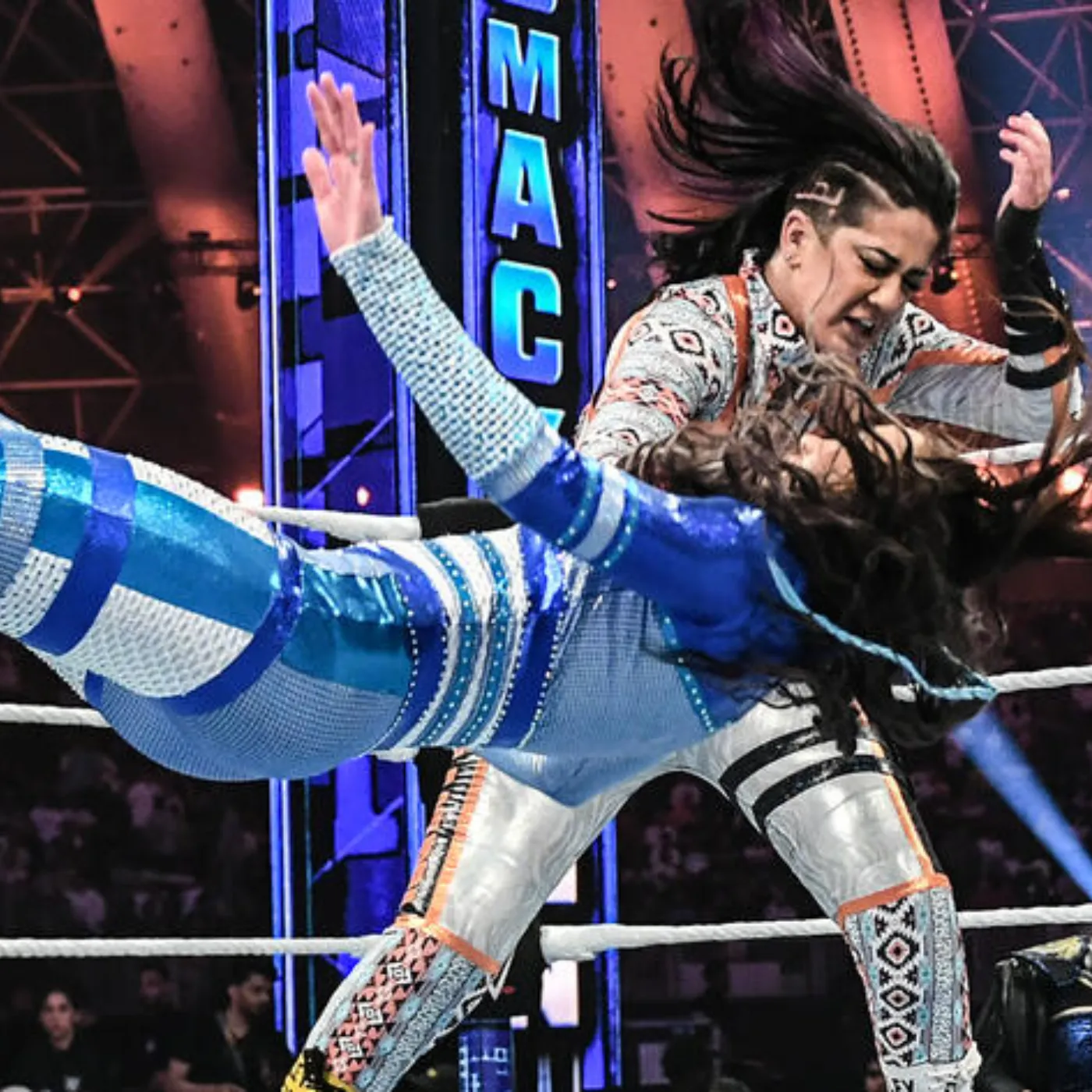
On one hand, Bayley’s ability to adapt is a testament to her versatility and resilience. Few wrestlers can successfully reinvent themselves while maintaining relevance, but Bayley has done just that. Her run as a heel champion showcased her ability to carry the women’s division, proving she’s not just a product of WWE’s marketing machine but a bona fide star in her own right. Her recent work, including her alliance with Damage CTRL, has highlighted her commitment to elevating other talent, a crucial trait for any wrestler hoping to cement their legacy.
On the other hand, some fans argue that Bayley’s character arc underscores WWE’s reliance on familiar tropes. The transition from plucky underdog to ruthless heel is a well-worn narrative path, one that’s been trodden by countless superstars before her. For all her successes, Bayley’s storylines occasionally feel like echoes of the past rather than harbingers of the future.
The Verdict: A Bridge to WWE’s Tomorrow?
Ultimately, the answer to whether Bayley represents WWE’s future or its past mistakes may lie in her ability to bridge the gap between generations. Bayley’s appeal is multifaceted. To longtime fans, she’s a reminder of the women’s revolution that reshaped WWE in the mid-2010s. To newer audiences, she’s proof that reinvention is possible even in an industry notorious for short attention spans and fickle allegiances.
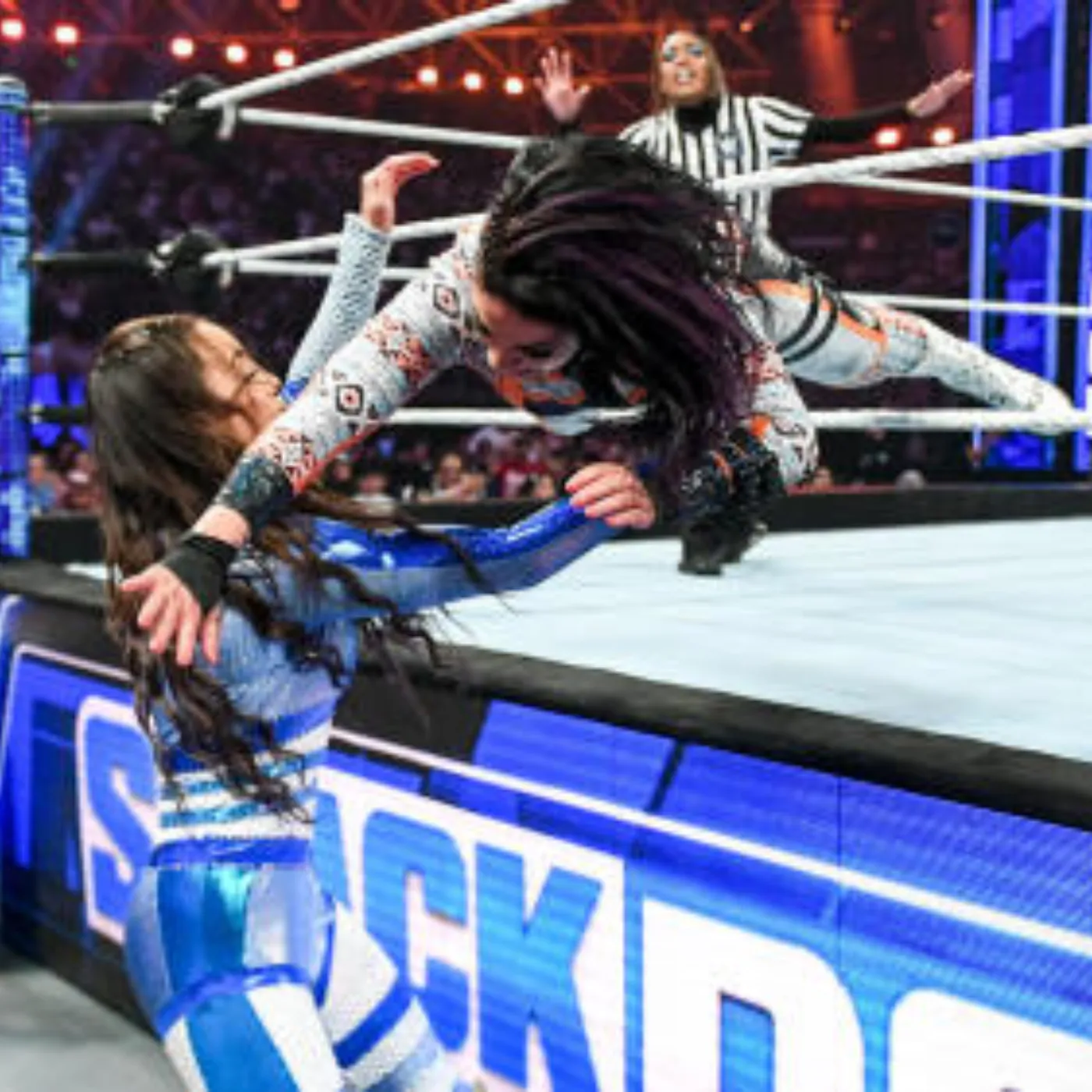
If WWE is to thrive in an increasingly competitive entertainment landscape, it will need stars like Bayley who can navigate the tension between legacy and innovation. Her career offers valuable lessons for the next generation of talent: the importance of adaptability, the power of storytelling, and the necessity of connecting with audiences on a personal level.
So, does Bayley represent the future of WWE or its past mistakes? Perhaps the answer is both. In embracing her flaws and evolving as a performer, Bayley embodies the duality of professional wrestling itself: a spectacle that’s always looking forward while never forgetting where it came from.













